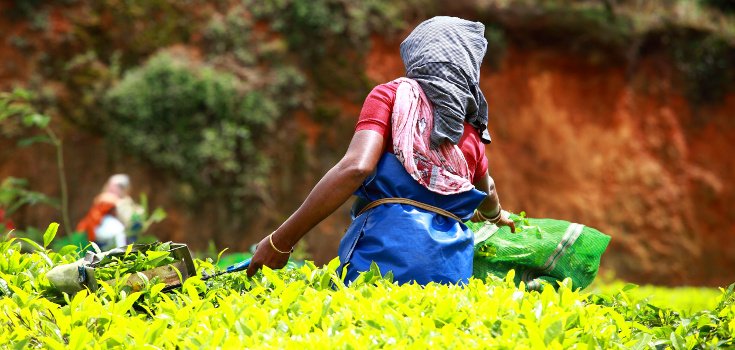India Halts GMO Trials After Activist Campaign

Maharastra is a large industrial state in India known for its many historic monuments, but it will now be known as the state that stopped GM field trials.
Activists’ campaigns against GM crops in India are taking their toll; now the state government of Maharashtra will halt confined GM field trials to address letters issued to them by multiple parties.
The India Express reported that a letter was released saying:
“The state government has received objections from various institutions and reputed members of the society against the NOC [No Objection Certificate] given by it for conducting confined field trials of transgenic crops. The government has decided to put forth all the objections before the committee constituted under the chairmanship of Dr Anil Kakodkar. All the objections raised will be reviewed and scrutinzed and report submitted to the government. Till that time confined research field trials should not be started.”
This letter comes after months, if not years of activist campaigns to get their government to consider the dangers of GM crops. Many feel vindicated by Chief Minister, CM Devendra Fadnavis’ decision.
Former Vice President of the Bombay Natural History Society, activist and former member of the High Level Expert Committee 25 Year Action Plan for Agriculture thinks it is about time for the suspension of the open air fields trials of GM crops and that the government is finally listening to the communications sent by multiple activist groups outlining their environmental and health risks.
Her statement further addressed the issue:
“We now hope that all concerns and suggestions are looked into with utmost seriousness, rigor and sincerity, given existing and emerging global concerns about the impact of GM crops on citizens’ health, on environmental sustainability, on India’s export trade as well as on farmers’ livelihoods and seed diversity, already seriously damaged.”
India’s decision to halt GM crop trials come shortly after pesticide experts called for GM crops to be reviewed after the WHO’s declaration that glyphosate could be cancerous. Emily Marquez, Ph.D., and staff scientists at PAN stated:
“Given glyphosate’s widespread usage with crops genetically engineered to tolerate herbicides, IARC’s finding comes none too soon. The working group found ‘convincing evidence’ that glyphosate can cause cancer in laboratory animals. This, combined with more than a decade of studies documenting human exposure to the herbicide, gave IARC sufficient evidence to make the ‘probable human carcinogen’ classification.”
With the mounting evidence concerning both the chemicals used to grow GM crops and the GM crops themselves, shouldn’t they at least be temporarily halted worldwide, if not banned completely?
